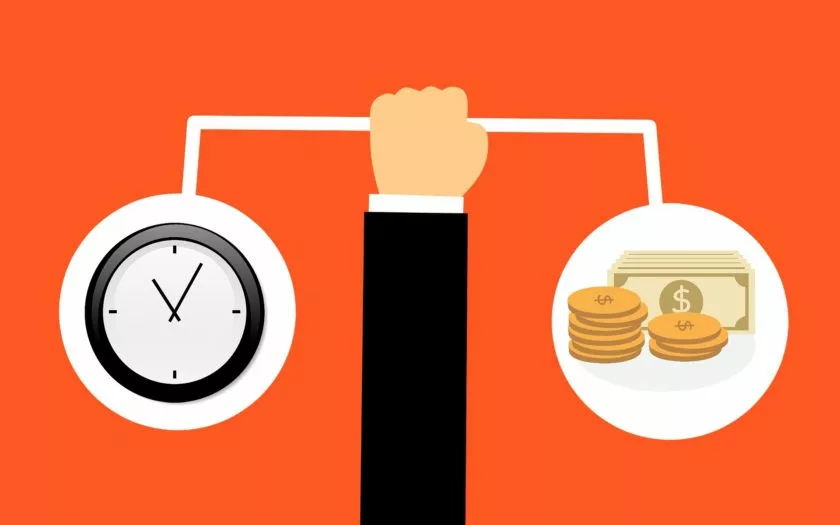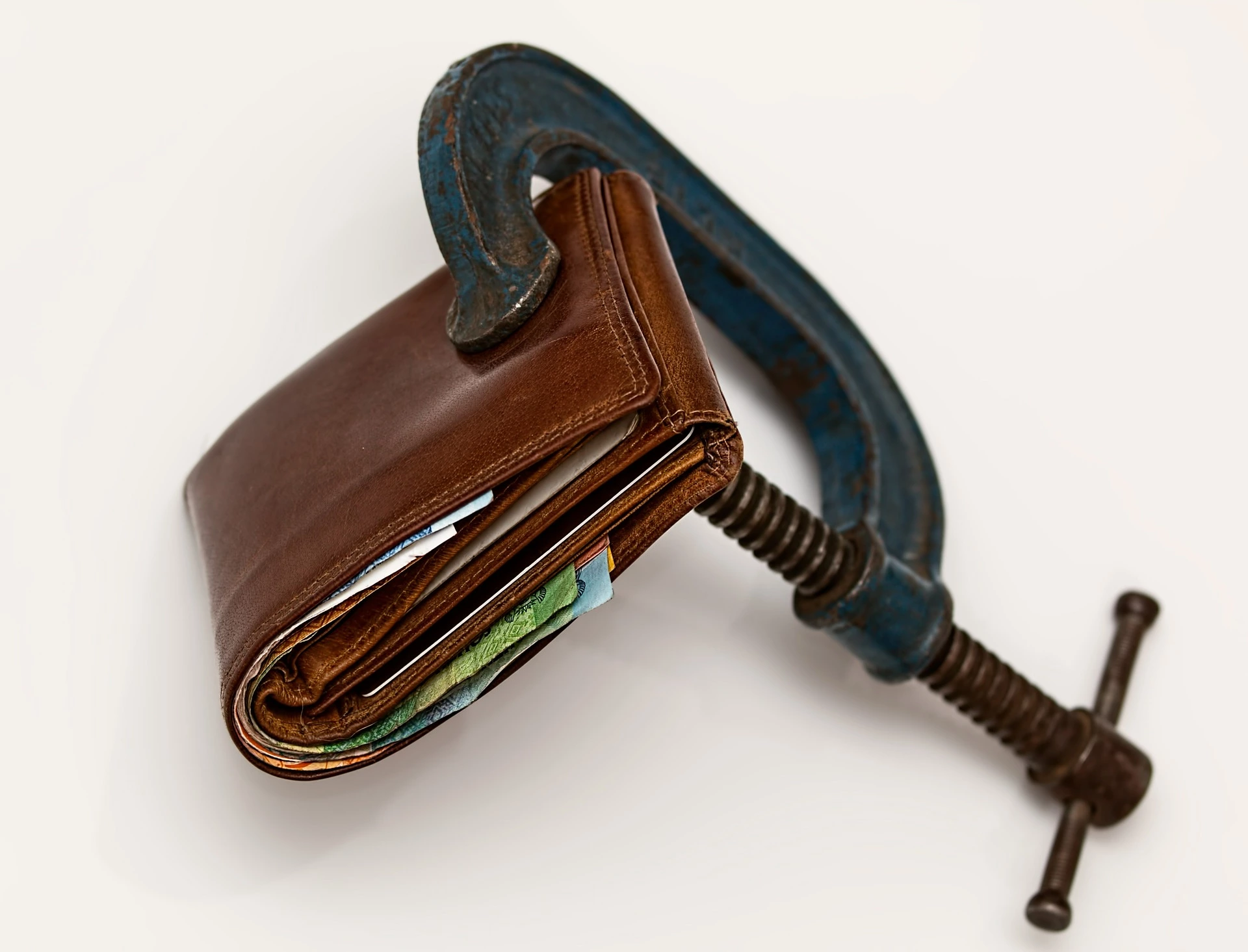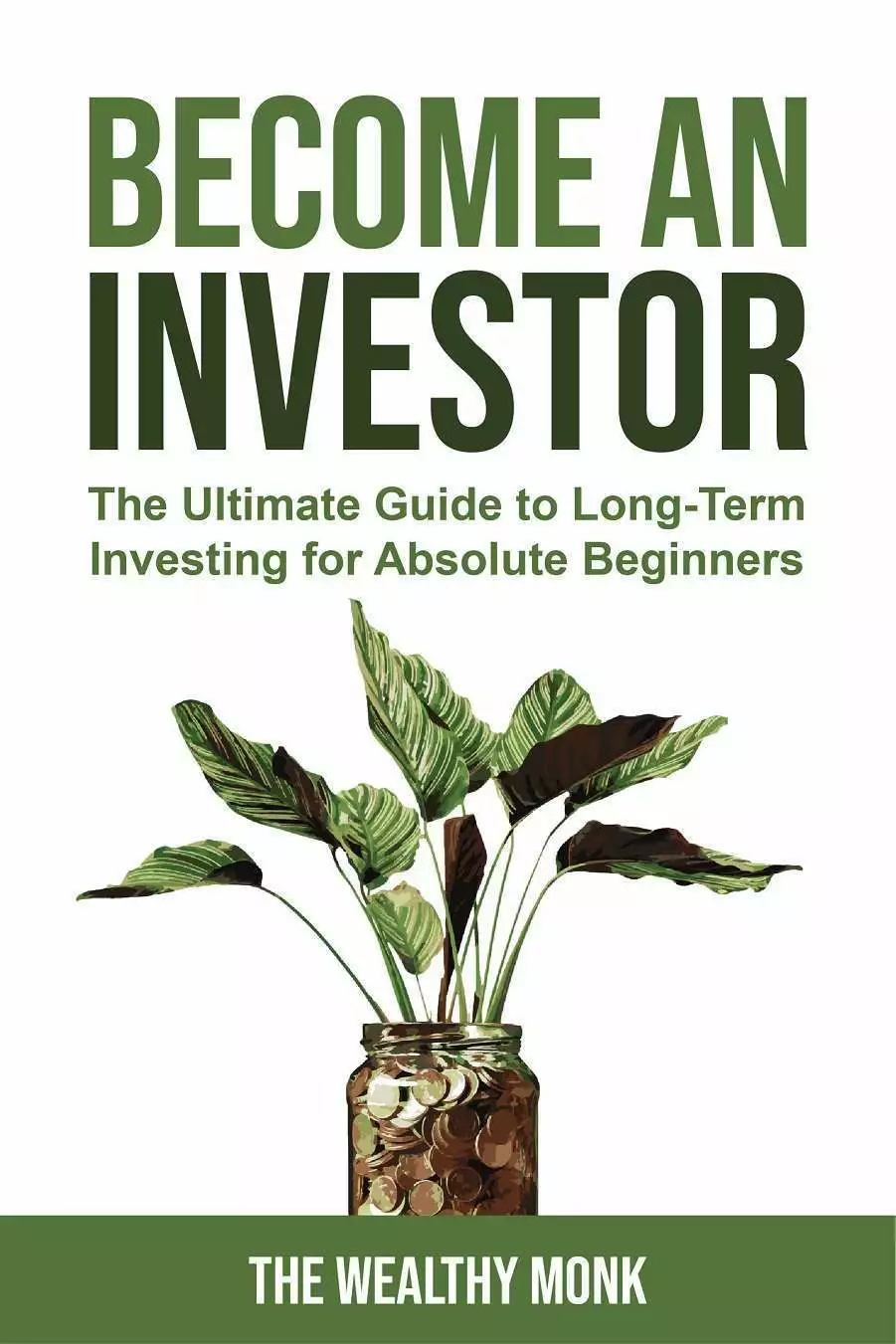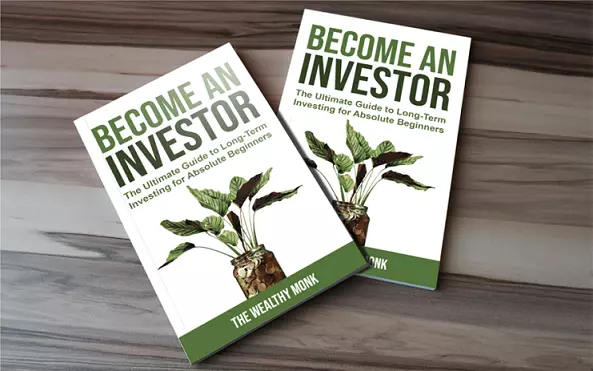
Inflation Explained
Before I was living in The Netherlands and before I knew about FIRE, a friend of mine opened an interesting discussion. He said that he was thinking about how much money a person needs in order to not depend on a salary. I was intrigued.
In our country, he said, a person can live comfortably on 400€ per month. For simplicity, convenience, and some financial flexibility, we will use 500€ per month. Twelve months x 500€ is 6000€ per year. Multiply that number with 40 (years), and you have 240000€.
So, €240k to live financially free forever! It sounded both simple and realistic. Not realistic in the sense that “we just need to save 240k” – that would be a serious challenge in our country. It sounded realistic because it made sense. Those amounts really cover the real living expenses of a person and there was no noise of multi-million amounts being randomly thrown.
We had to stop shortly after, as neither of us had an idea how to even approach earning hundreds of thousands of euros. But that was not the only thing we missed. Almost a decade later, knowing what I know now, I can see a handful of other oversights. For example, what happens after the 40 years? How will your retirement look if you never worked? What about keeping the same standard of living after actually owning such an amount? Where do you keep your money? Taxes?
But those can be easily resolved or checked.
The biggest thing that we missed was the increase in the price of goods and services over time. And it has a name.
Inflation

So, what is inflation? I touched this topic in my 4% rule post, but I want to explain it a bit more here. As stated in the previous paragraph: inflation is the increase in the price of goods and services over time.
You may have noticed it when you spot an increased price of a product year after year. Actually, the way that inflation is measured is by tracking the change in the Consumer Price Index (CPI) over time. A CPI, by definition, is a weighted measure of the prices of various consumer goods and services purchased by households. These include: food, housing, clothes, but also transportation, education, healthcare, etc. The final value is a weighted average and a change in the index shows the overall change of consumer prices.
In a healthy economy, the inflation is 2-3% per year. But why is this healthy?
Causes of Inflation
Where do I start? There are many factors contributing to the increase in prices over time and it is part of the nature of the economy. Actually built-in inflation is an actual type of inflation. It is caused by people trying to maintain their cost of living by increasing their income in line with the increases in prices. The higher income means more costs for the employers, which means that the prices need to go higher in order to realize profits. And the phenomenon is called the price-wage spiral. It represents a “vicious cycle” in which the price increases cause wage increases, which cause price increases, which causes wage increases, ad infinitum.
Another type of inflation is the demand-pull inflation. It occurs when the demand for goods and services increases at a faster rate than the supply. And when the demand is higher and the supply is lower, the prices rise. The third type of inflation is the cost-push inflation, which occurs when production costs rise and are reflected in the cost of the product.
We can’t point out a single reason for inflation, nor we can single out a certain type as a root cause. But we can deduct that a small and controlled amount of it makes the economy run smoothly. A healthy increase in prices coupled with an adequate increase in income makes both businesses and consumers get what they want. Businesses produce more, make more profits, and employ more people, while the peoples’ incomes rise. This means that more people become creditworthy and can borrow more, which makes them spend more. The increase in spending and demand makes the sellers and suppliers increase their prices. And we’re back where we started – without a cause singled out, but witnessing an economic growth year after year.
And for that reason, as long as its rate is controlled, a little bit of inflation is great for the economy. That’s why the governments and the central banks work to keep a healthy rate of inflation. If they fail, thus allowing the prices of consumer goods and services to rise at a significantly faster pace than the salaries, we can encounter hyperinflation. It’s a type of inflation where peoples’ incomes can’t match the increase in prices. This can destroy currencies and even countries, but we won’t go deeper into it. I’ll just mention that a way in which the central banks can control inflation is by changing the interest rates. Doing so allow them to control how much borrowing and thus spending occurs, but that’s a topic for another time.
Consequences of Inflation
Talking about the cyclical nature of the economy, the consequences of inflation have strong ties with the causes of inflation. And when I say consequences, I don’t necessarily mean it in a negative way. Some consequences are fine, some are not. On a personal level, it depends on how well are you prepared to handle it. In The Art of War, Sun Tzu said “if you know your enemy and know yourself, you need not fear the result of hundred battles“. It’s applicable here as well.
But let’s look on some of the consequences on a macroeconomic scale.
When an increase in the CPI occurs, that means that the cost of living (COL) also increased. An overall increase in the COL means a decrease in purchasing power. In other words: as a price of a product rises, you can buy less of it with the same amount of money. That means that the currency loses some of its value year after year.
That’s why it’s good to hold assets with intrinsic value instead of cash. Their value will go up with inflation, while the money’s value will go down. The asset owner will enjoy the gains, while the one wanting to buy them will have to pay more in order to do so.
And we can’t talk about spending without mentioning debt. Although consumer debt should be avoided, having a “healthy debt” is good in a healthy economy. For example, if you have a mortgage with a 2% interest rate and the property prices rise with >2% per year due to inflation, then you shouldn’t worry about paying your debt early and expose yourself to the opportunity cost of doing so. The value of your asset grows more than the interest paid and is compounded year after year.
Lastly, having an income that doesn’t rise in line with inflation means that you’re continuously taking a pay cut. Keep this in mind.
Inflation and Saving Money

In my post about the safe withdrawal rate I described the subtle risks of ignoring inflation, as it seems less dangerous than it is when observed up-close. In the post, I give an example about a 20 year old who has access to one million dollars, tax free, and enjoys a normal (sustained) lifestyle over the years. The story doesn’t have a happy ending:
Fast forward when you’re 70, you’re most probably broke, unqualified, and with no pension (because you never worked). Things simply became too expensive for you to keep up over the decades. #life
To put it into perspective, if a 70 year old person had million dollars 50 years ago (in 1968) and just kept them in cash, today they would be worth around $135k (calculated using the CPI Inflation Calculator)! That means that the things that costed 1$ when he was 20, cost a bit more than 7$ today. You don’t notice the consumer price index changing day after day, but if you look at it decade by decade it becomes way more obvious.
And let me remind you that this is the best case scenario – when the million dollars are not touched at all. Pulling money for day to day expenses, healthcare, kids’ education, etc. would deplete the fund even before mid-life crisis hits.
Damn.
Let’s put it a bit more into perspective with a relatable example: the median sales price of a house (including the land) in USA was 17200$ in January 1963.1
Keeping a significant amount of money in cash should be considered a crazy idea after reading this. Actually, hoarding cash was one of the 3 Financial Mistakes I made – check out the post and avoid doing the same.
Anyway, looking at the prices of consumer goods over time can make you wonder if saving money is worth it at all. And indeed, handling inflation is a serious and non-trivial venture, especially if you don’t want to rely on a salary to fund your lifestyle. So the question is: how do you handle inflation?
Handling Inflation
So, handling inflation – the exact thing we missed in the opening story.
Well, it should be obvious by now – I even implied towards it throughout the post. For those that missed it, let’s go back to the example of the house prices in 1963. All you need to do is compare what would happen with your net-worth if you kept it in assets instead of cash. Let’s see what can happen with someone owning 17200$ (an amount that could buy a house) in January 1963:
- If you kept your money in cash, today they would be worth 17200$.
- If you bought a property, your 17200$ would be worth around $225k (Zillow, March 2019).
- If you invested in the stock market, your 17200$ would be worth around $715k (calculated using the dividends reinvested calculator, 2019)
Long story short: keep the majority of your wealth in assets, preferably income-producing ones. Learn about Asset Allocation and diversify your wealth according to your personal situation. Real estate and the stock market are usually a safe bet, especially if one expects them to hold the value for the decades to come. Their long-term value overshadows any short-term volatility that may occur. But don’t take this at face value – if you think that investing in the stock market is gambling, I’d highly recommend learning to invest.
Lastly, if a person still doesn’t have an emergency fund ready to cover at least a year of expenses, I wouldn’t recommend him worrying about inflation just yet. Just keep saving. Increasing your savings will make you financially intelligent automatically.
Inflation is here to stay, so learning to live with it can put you way ahead of the herd. In case you don’t want to bother with it, your best bet is to build a stable career, like your job, and spend all your income on things that make you happy. If you don’t consider investing, that’s the best way to experience the true value of your money.




















Comments: 8
Great advice,
This article clearly shows the massive decrease of purchase power that compounded inflation plays agains us if we sit only in cash long term. It is the basic concept that makes the poor poorer and the rich richer, but still so many don’t bother to understand.
Btw, where did you get all the knowledge that you are sharing with your readers?Sorry if I missed it from another post.
Hey Tony, thanks!
I’m self taught regarding personal finance and investing and I love the concepts of sharing knowledge and giving value. I’m actually trying to structure everything in a way that I would have liked to learn when I was new to this – not in too much depth, but strong fundamentals.
Well, I think you taught yourself very well then 😉 I am self educating as well, so thanks for the value you are sharing. Perharps, in a future post you could mention what books you’ve read or are reading, and which ones you would recommend?
Cheers
It really means a lot to read this.
Sure! For investing, I’d say Bogleheads’ Guide to Investing is a great place to start (named after Jack Bogle, the founder of Vanguard). It has a couple of American oriented chapters, but the rest is globally applicable.
Also, Investopedia is a great resource to check for new concepts. It’s the most referenced website in my Glossary.
[…] yield more than 1%, let me know in the comments. I’d love to decelerate the rate with which my money lose value without tying them to a fixed-term […]
[…] casuals committing to it will most probably end up losing money to inflation due to being too careful… Which may be fine for many, as their losses will be limited to less […]
[…] Inflation is the sustained increase in the aggregate price level that lowers the purchase power of our money over time. […]
[…] although objectified, while inflation eats it slowly I’d still prefer the number to be higher. So if any European reading this has […]